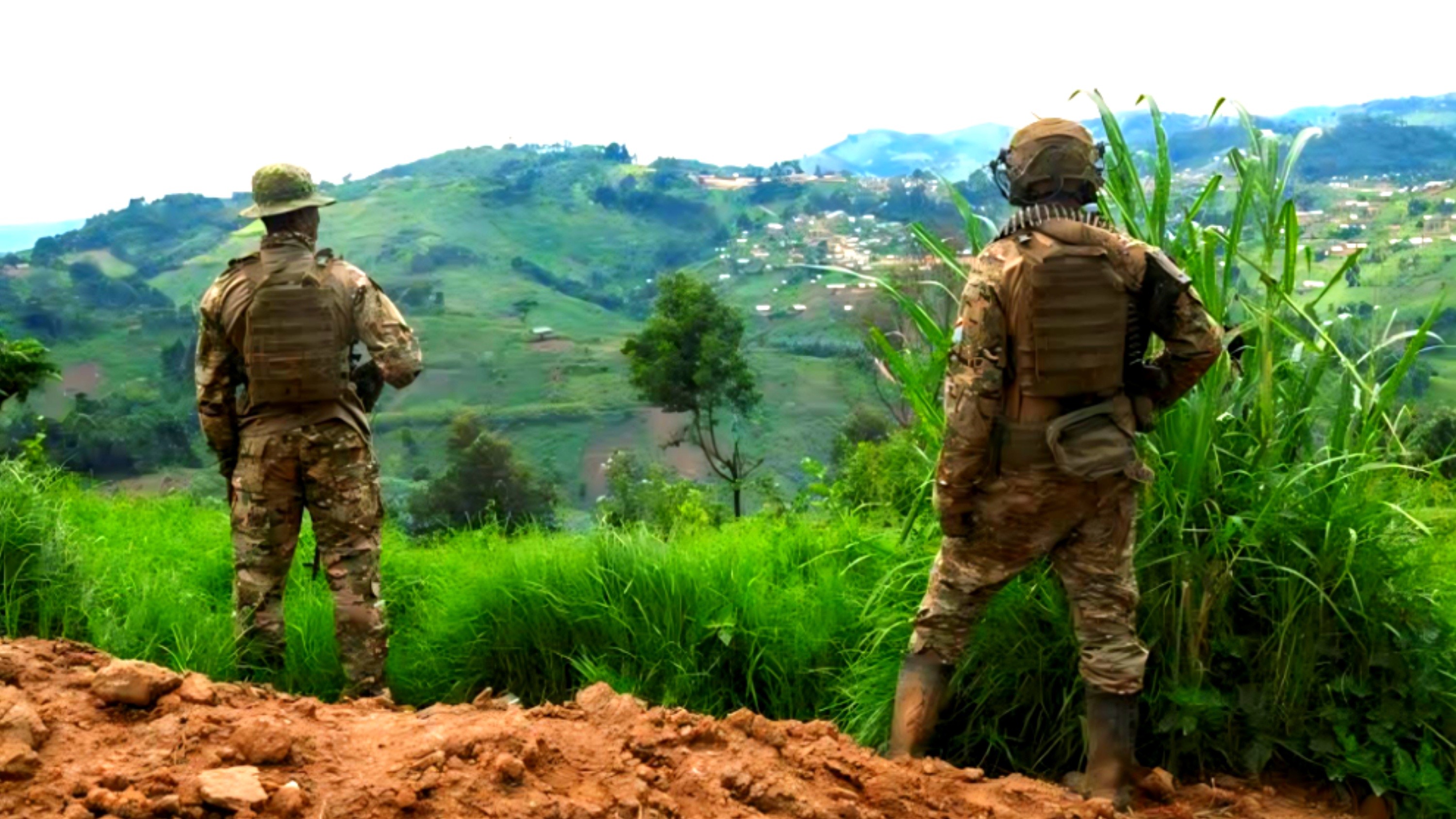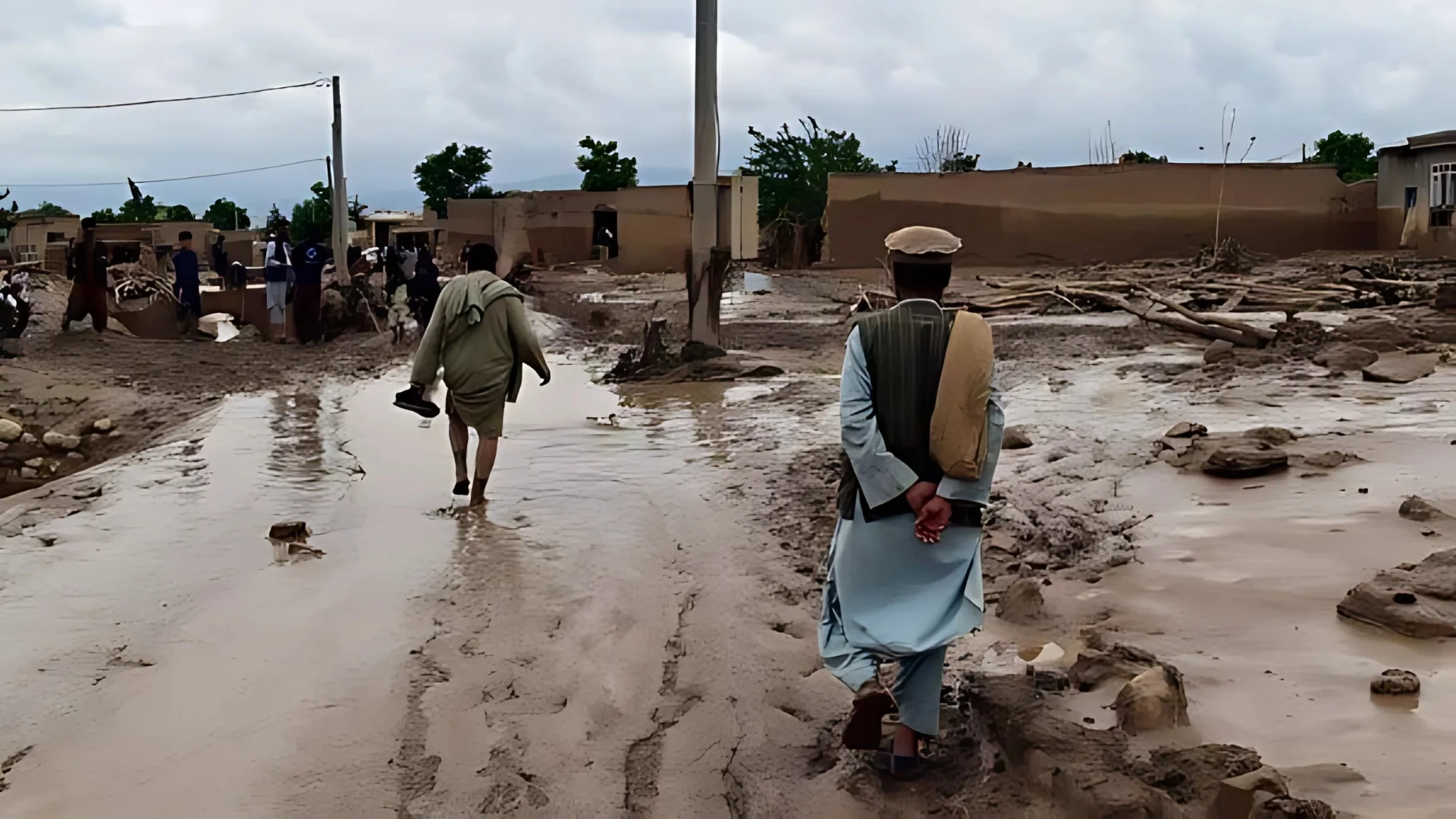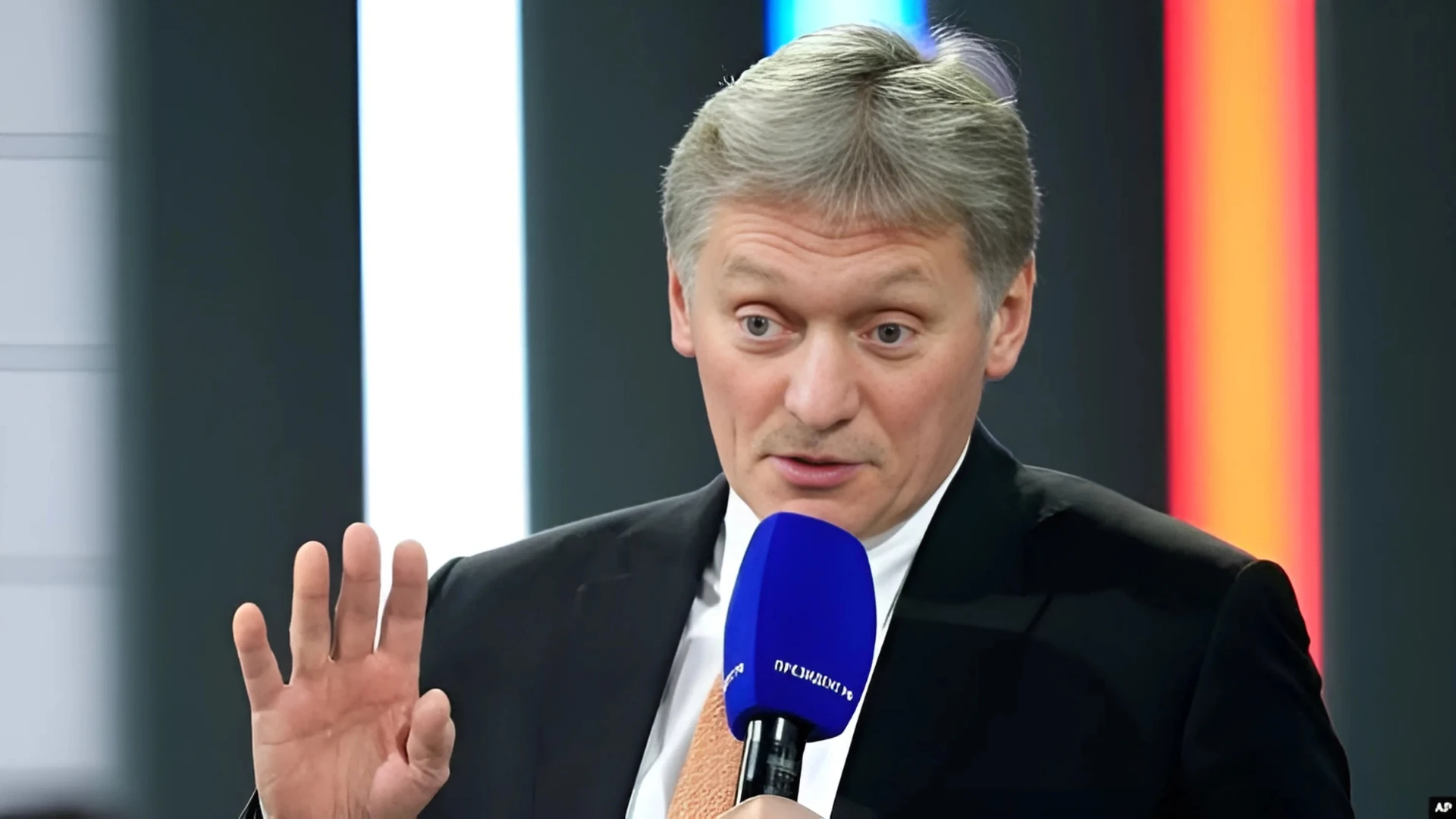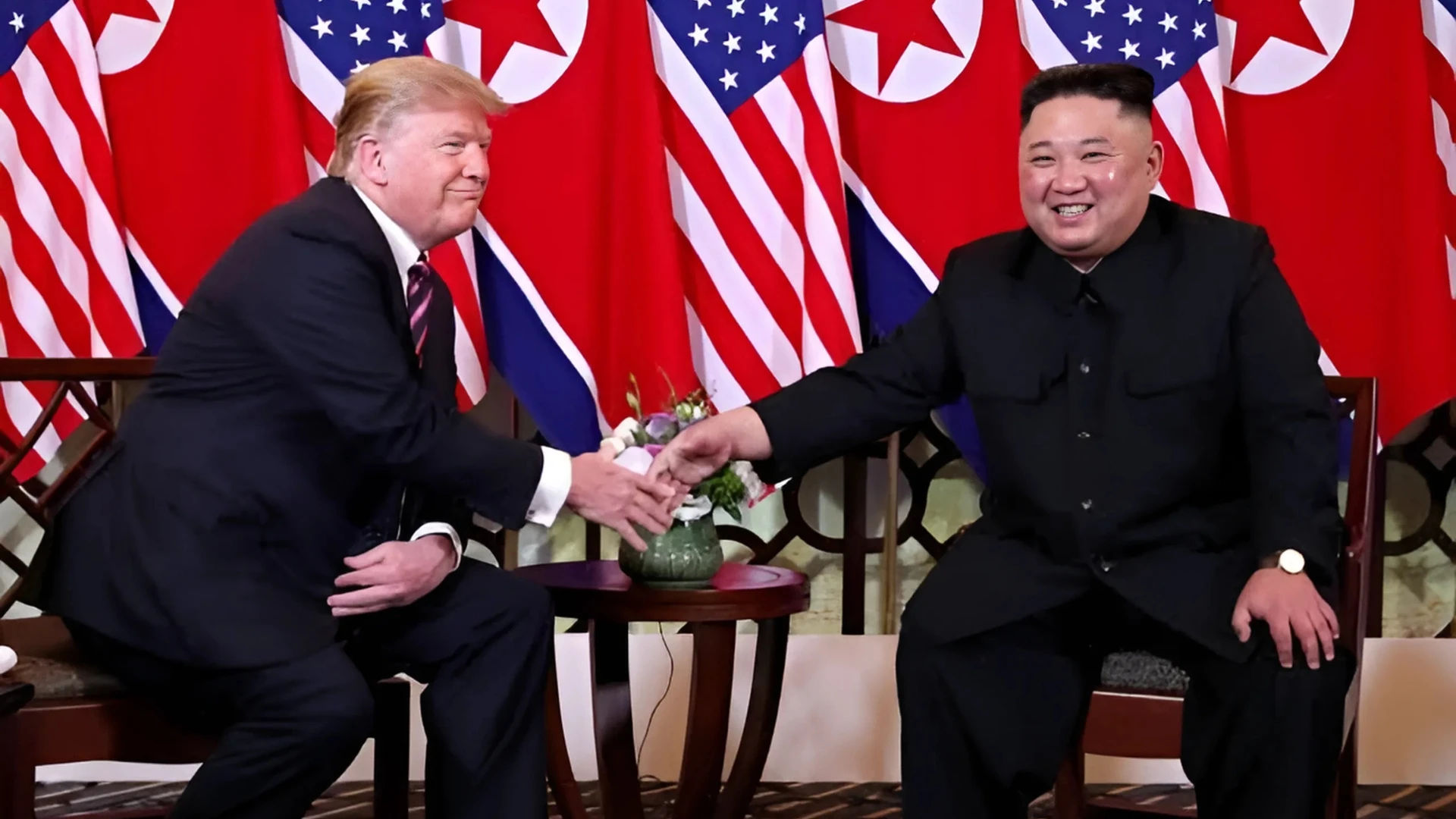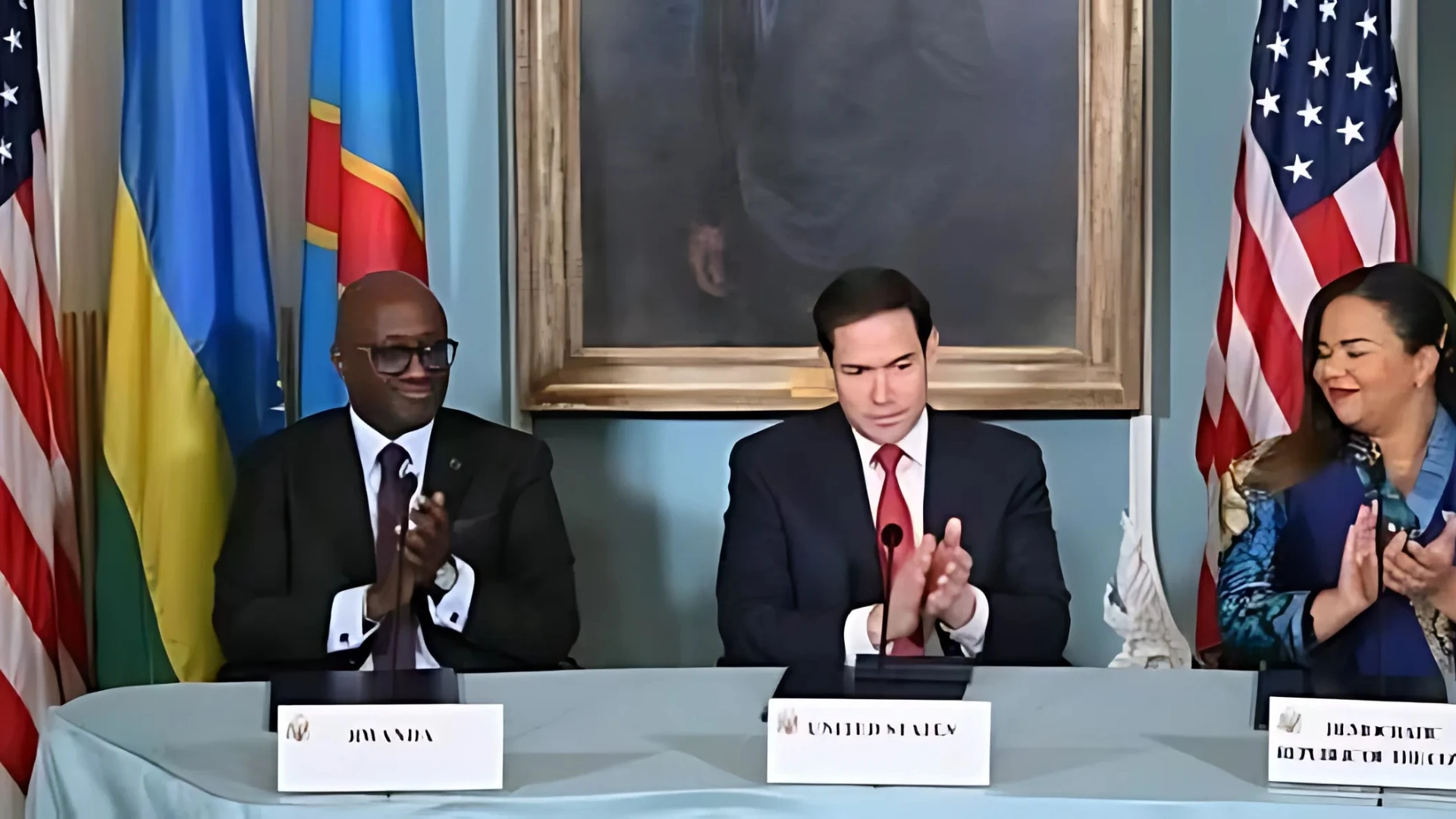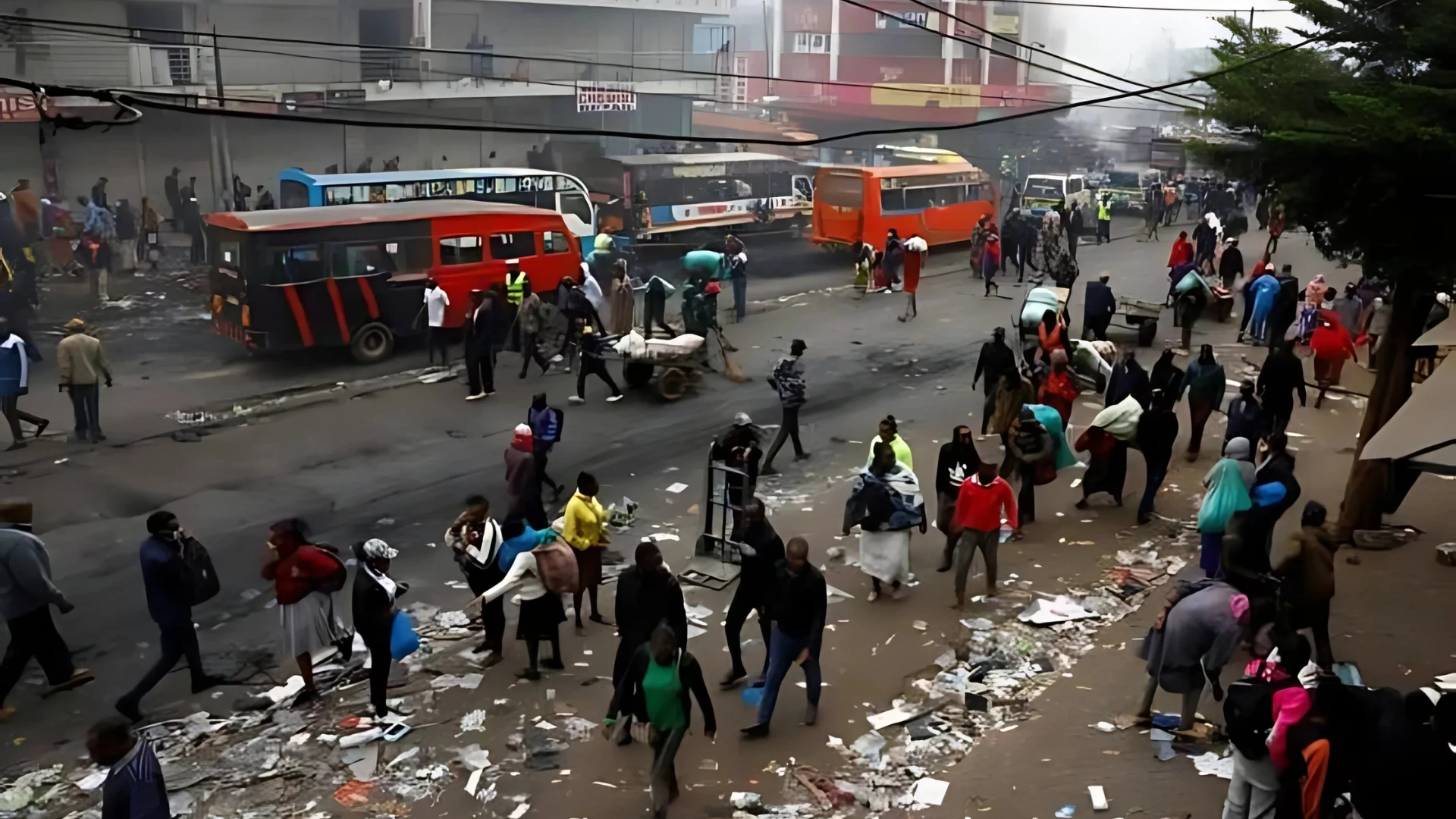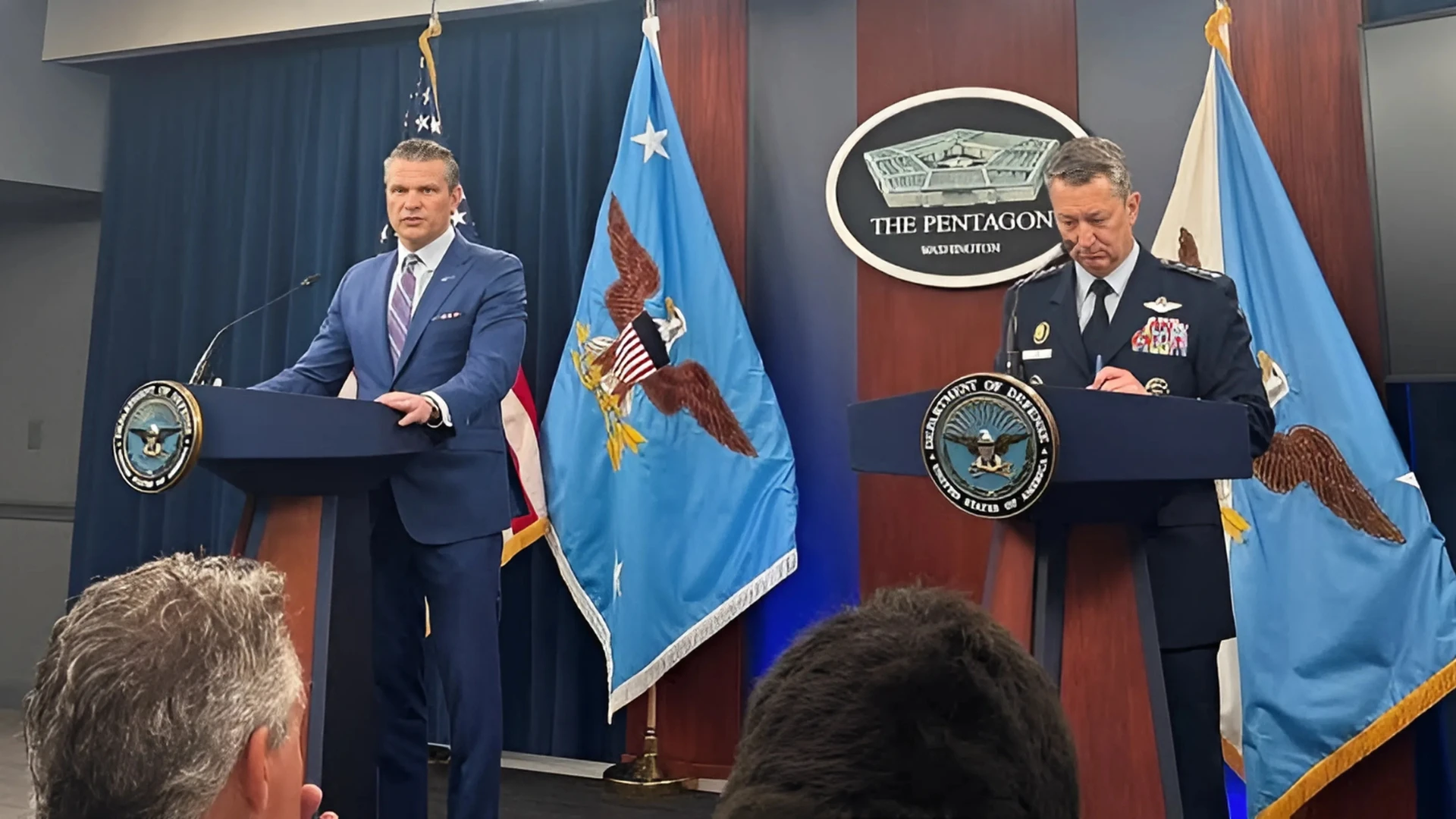GOMA: The Rwandan-backed M23 rebels have captured the strategic mining town of Nyabibwe in South Kivu province, despite declaring a unilateral ceasefire earlier this week, multiple sources confirmed on Wednesday.
The town, located on the shores of Lake Kivu, is a key commercial center positioned between Goma, which fell to M23 last week, and Bukavu, the provincial capital.
The rebel advance raises concerns of a potential push towards Bukavu, despite earlier claims by M23 that they had no intention of seizing the city.
Fighting in Nyabibwe began at dawn, and by 9 a.m., the rebels had taken control, according to a local civil society leader who, like other sources, requested anonymity. The area is rich in gold, coltan, and other valuable minerals, making it a significant prize in the ongoing conflict.
Congo’s Communications Minister, Patrick Muyaya, accused M23 of violating the ceasefire under the cover of night and confirmed that Congolese forces were still putting up resistance around Nyabibwe. Meanwhile, Corneille Nangaa, head of the Congo River Alliance rebel coalition, which includes M23, defended the advance, claiming that his forces were acting in self-defense after being attacked.
This latest offensive follows the fall of Goma, eastern DRC’s largest city, which triggered a massive humanitarian crisis.
The United Nations Office for the Coordination of Humanitarian Affairs reported that at least 2,800 people have died in the city, with hospitals overwhelmed, buildings reduced to rubble, and bodies scattered in the streets. The International Criminal Court (ICC) is closely monitoring the situation for potential war crimes.
Meanwhile, a military court in Kinshasa issued an international arrest warrant for Nangaa on Tuesday, accusing him of war crimes and treason. The Congolese government has long accused Rwanda of backing M23 to exploit mineral resources, while Rwanda claims it is acting in self-defense and protecting ethnic Tutsis.
Amid growing concerns of a wider regional conflict, the Southern African Development Community (SADC) extended its military mission in support of Congo, a move Rwanda has reportedly opposed. However, Malawi announced the withdrawal of its troops from the mission, citing the ceasefire.
In Goma, humanitarian organizations are struggling to respond to the crisis. The International Committee of the Red Cross revealed that its medical warehouse was looted last week, delaying aid efforts by months. Goma’s bishop, Willy Ngumbi, condemned the destruction of a maternity ward and urged regional leaders—including those from Rwanda, Congo, and Burundi—to engage in talks to prevent further escalation.
As the crisis unfolds, Congolese lawmakers held an emergency session in Kinshasa to address the situation ahead of a crucial regional summit in Tanzania this weekend. The coming days will be critical in determining whether diplomatic efforts can prevent further bloodshed or if the conflict will spiral into a larger regional war.


